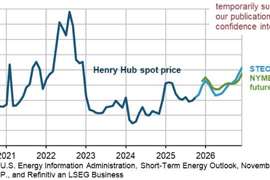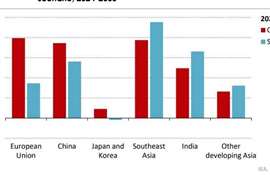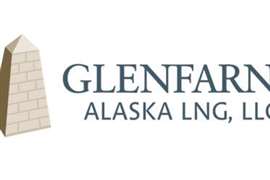Group calls for expanded gas use
April 08, 2021

A larger proportion of the world’s electric power generation should be shifted to natural gas and away from coal and oil in an effort to reduce global emissions, an international non-profit reported Thursday.
The Gas Exporting Countries Forum (GECF) recently issued the fifth edition of its Global Gas Outlook, an annual publication which examines multiple carbon mitigation scenarios and the technologies needed to reduce emissions. In addition to the greater user of gas, the group called for additional use of intermittent renewables, particularly solar and wind.
The report noted that policymakers can encourage the transition towards low carbon energies by supporting higher carbon prices, strengthening emissions standards, encouraging renewable energies and developing small-scale LNG projects for power projects.
The organization also encouraged more the efficient use of energy in residential and commercial buildings and in industry. It also called for a greater use of recycled materials, particularly in the steel industry.
GECF encourages the use of “green vehicles,” particularly the development of electric vehicles, natural gas vehicles and hydrogen fuel cells in transportation. Under the organization’s analysis, electrical vehicles will represent 45% of new car sales by 2050.
Natural gas vehicles should be used for the transportation of heavy goods. To make this happen, the world needs to further develop its gas infrastructure, it said. The reported noted that more than half of the technologies envisioned to move the world to a net zero emissions future by 2050 are not commercially available.
The organization encourages the reduction of emissions through existing and well established technologies that can be distributed easily. Gas should be around 30% of the world’s primary energy mix by 2050. Demand for coal and oil will fall. To reduce emissions through a greater use of gas, policy makers need to encourage the use of carbon capture utilization and storage technologies and gas-based hydrogen.
The organization’s member countries include Algeria, Bolivia, Egypt, Equatorial Guinea, Iran, Libya, Nigeria, Qatar, Russia, Trinidad and Tobago and Venezuela. The coalition represents 70% of the world’s proven gas reserves and 44% of the world’s production.
MAGAZINE
NEWSLETTER

CONNECT WITH THE TEAM








